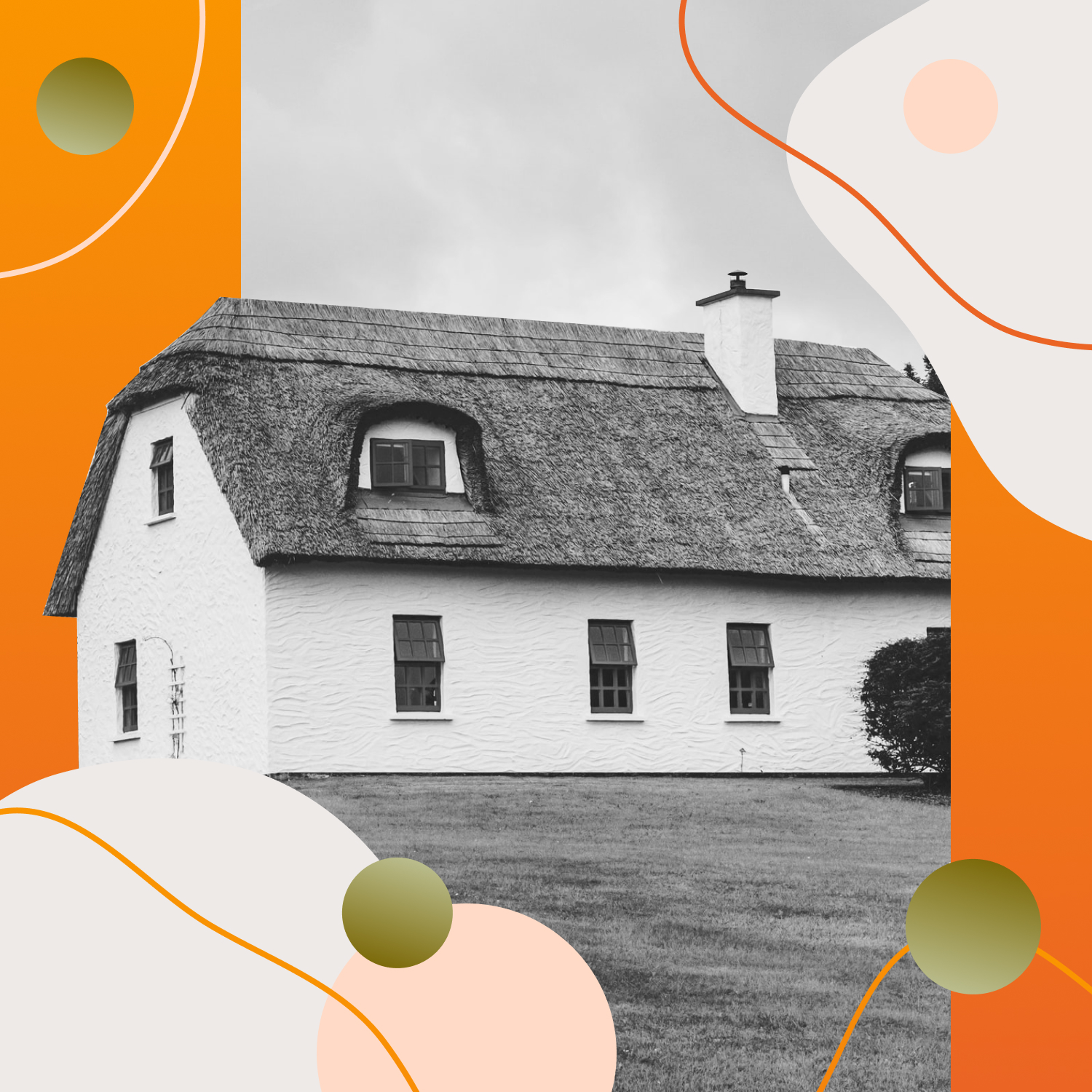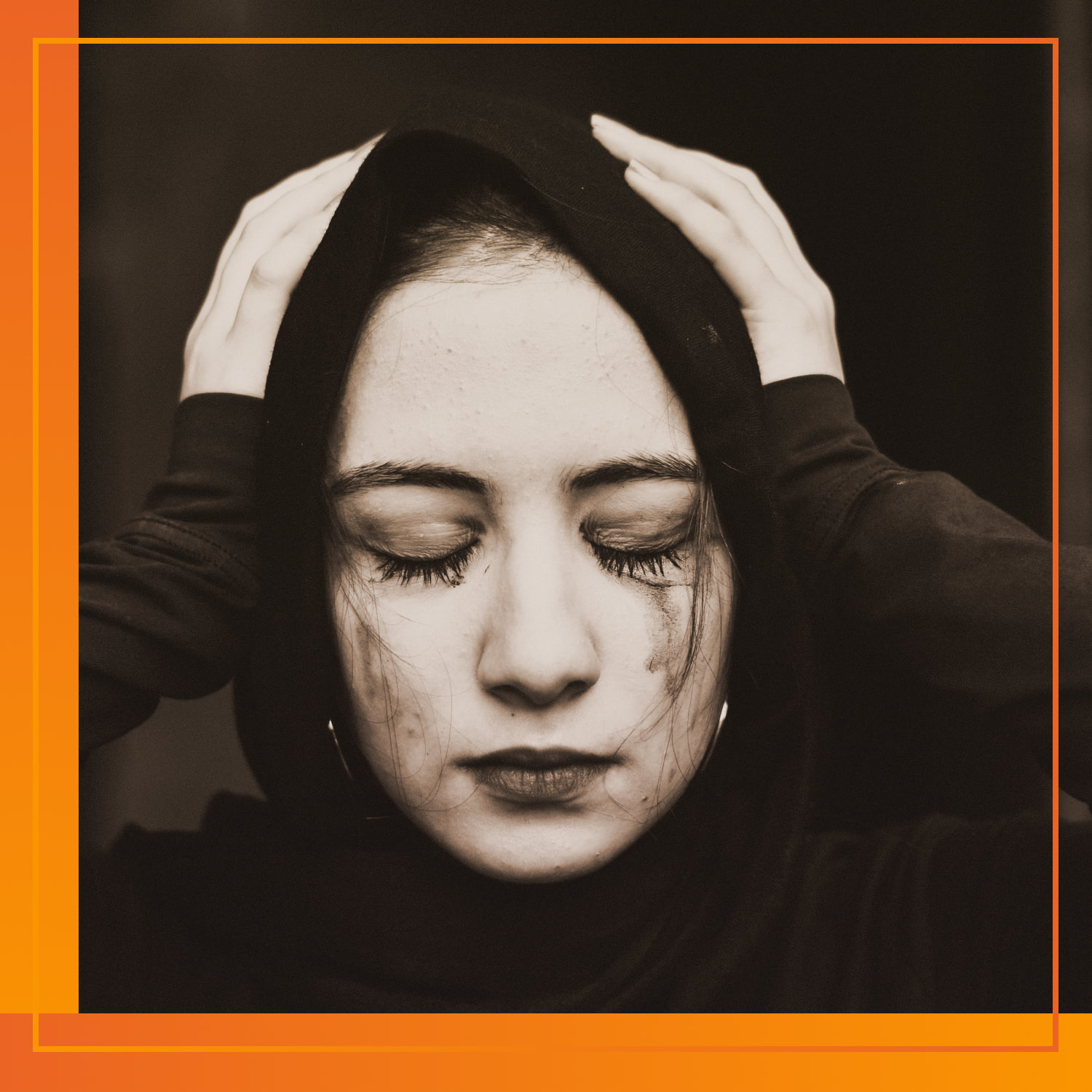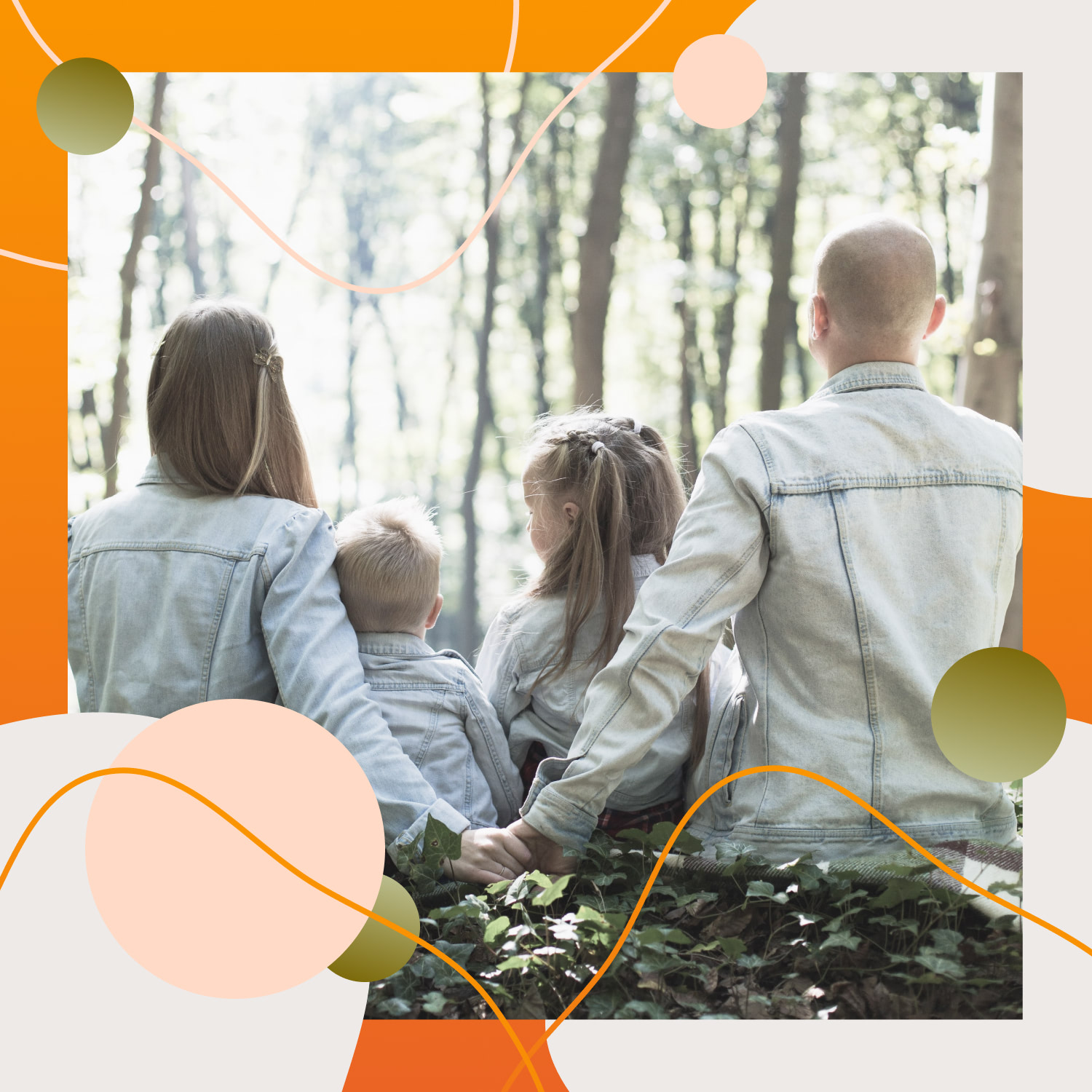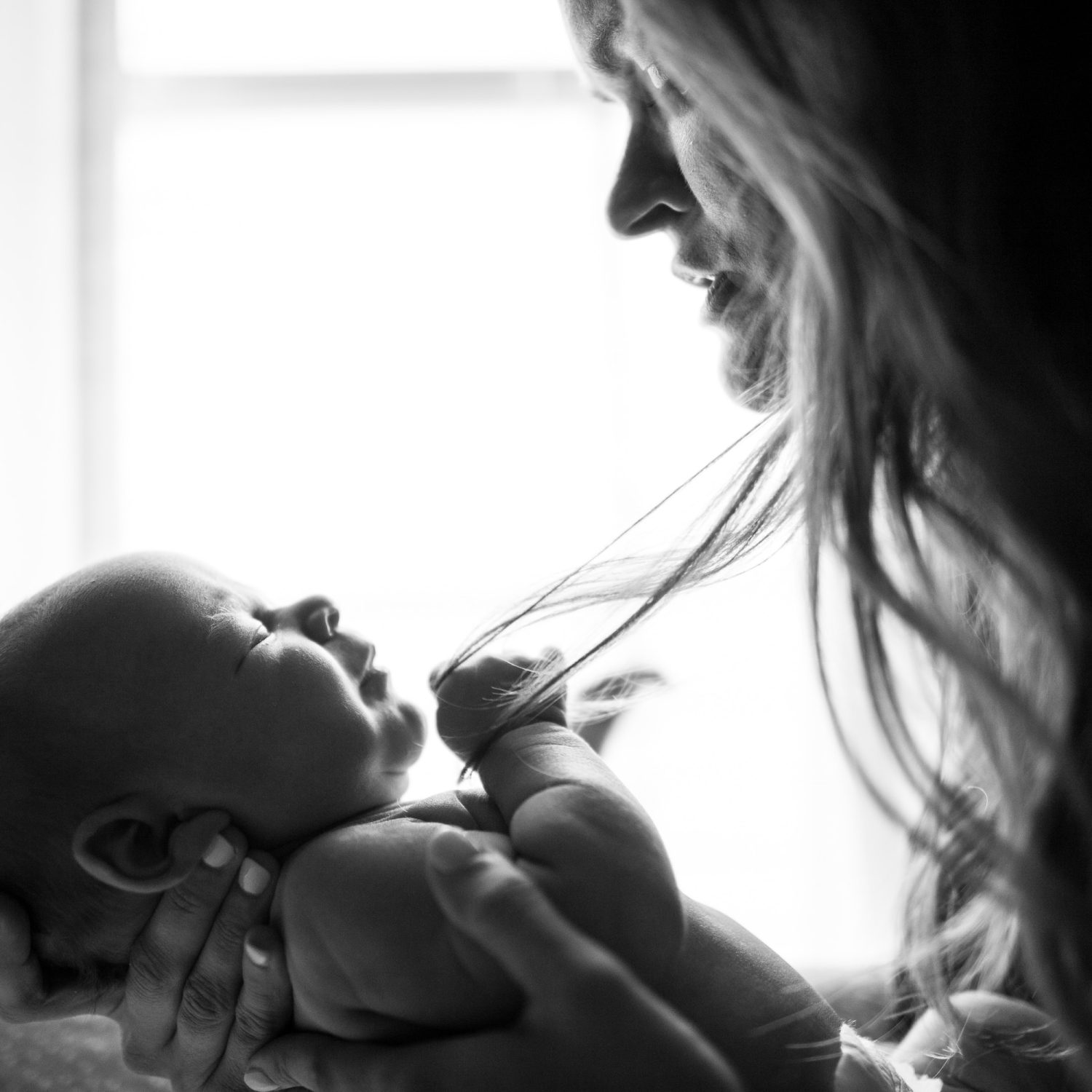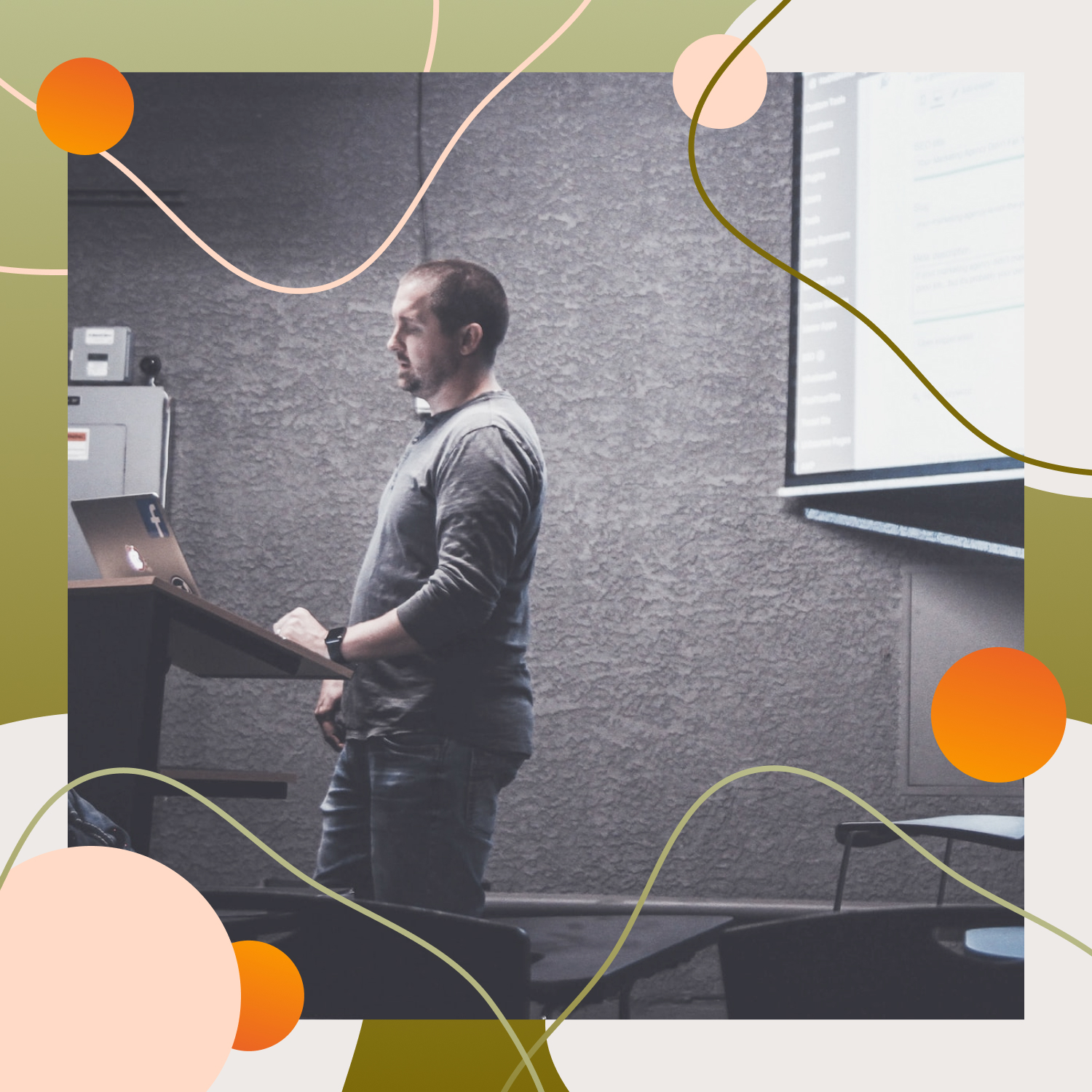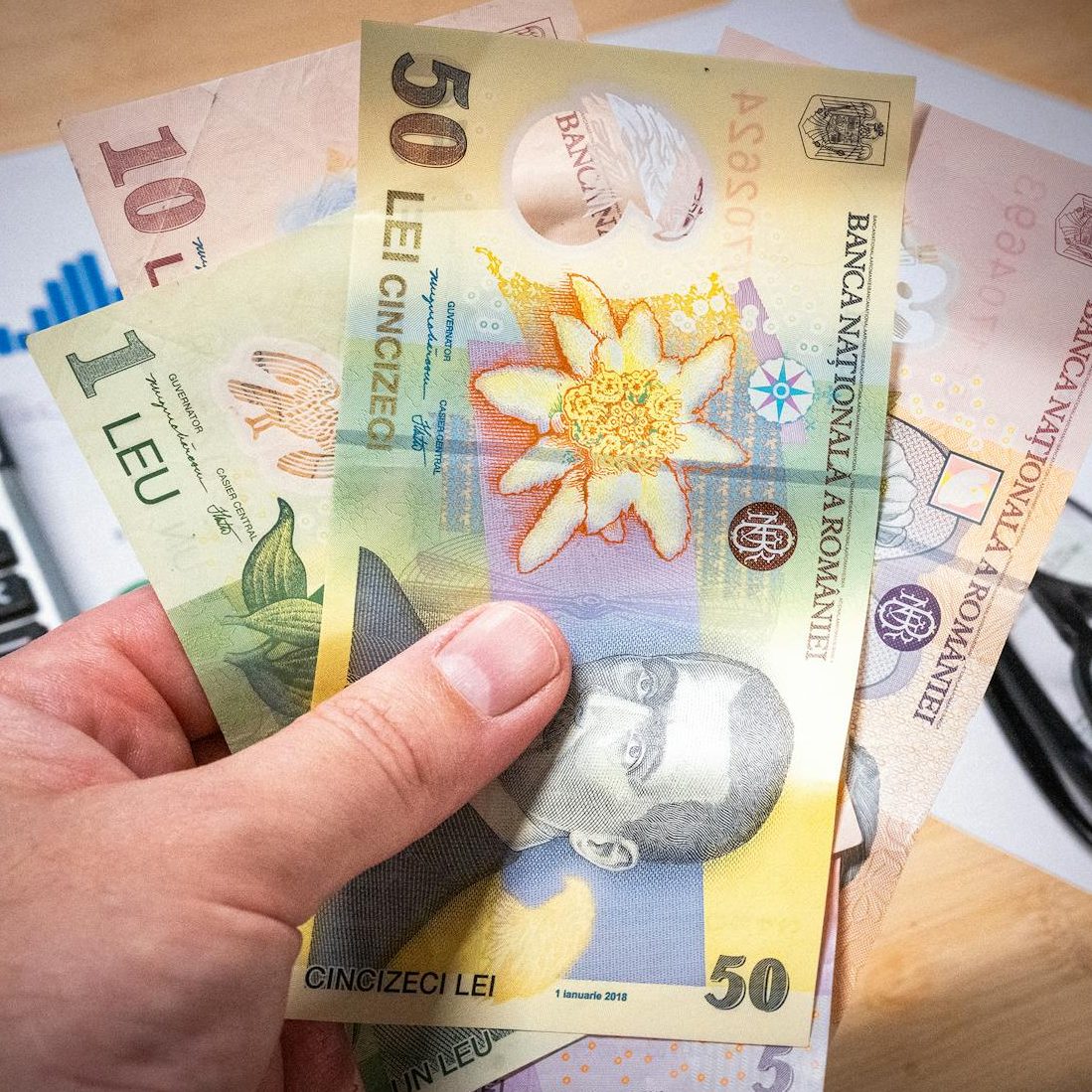
Photo by Jakub Zerdzicki on Pexels.com
Photo by Jakub Zerdzicki on Pexels.com
I Wish My Wealthy Family Would Cut Me Off
“Here, child, take this,” said my grandmother as she handed me 1,000,000 LEI. “Buy yourself some juice.”
I was eight years old, growing up in Romania. One of those blue papers could easily buy 50 bottles of juice. In terms of pocket money, I had plenty. In fact, I had to learn not to take much money to school, because some classmates stole from me on a couple of occasions. Others played the friend card and got me to buy things for them they could not afford themselves.
When we went out with my family, I had no chance to pay for myself, even when I was buying myself clothes. “But I have money,” I’d insist many times as my dad was paying for the clothes I’d spent an hour choosing. “That’s ok, keep it,” he’d say as he’d pay and also leave a tip for the salesperson. I was confused and embarrassed. “Why does he keep doing that?” I asked my elders in annoyance. “Are you nuts? Just say thank you and let him pay,” my aunt would advise me.
I was also in a pickle about my grandma’s habit of handing me cash. “But why does she do that?” I asked my mother. “Why is she giving me money? ” “Sometimes the person who receives is more generous than the one who gives,” my mom replied. I decided to just take it, as no one advised me to the contrary. The discomfort was still there, but I had to concur with my logical mind: It didn’t hurt to have money. And since I had little occasion to spend it, I put it all aside and by the time I was 18, I had some 6000€ in savings, money with no destination, no purpose, but consistently there.
My classmates would get summer jobs at bars and hotels around town, and I yearned for one, but I wouldn’t dream of being seen doing a “lower-class” job by anyone who knew my family, whose members held high-class positions in the legal system and were fairly well known around town. I was the golden child, the chosen one who would inherit these positions, carry on the family name and tradition, and boy, wasn’t I lucky to have my future laid out for me and be set in terms of job and finances for the rest of my life?
I didn’t need more money. I needed to learn to make my own money, I needed freedom to make mistakes, I needed to explore how other people functioned.
It’s safe to say I didn’t feel lucky: That scenario for me felt worse than death. The idea that I had to walk a beaten path, that it was all decided for me, felt like shackles on my feet. All I wanted was to have friends, and instead all I had was money—money that put a distance between me and my peers who were nowhere near as lucky as I was, money that set standards for me but taught me nothing about how I could keep those standards in adulthood.
When I was 18, I advertised for translation gigs online and I got some clients. I was working for pennies, translating for $1 a page and I made $100 that way. It wasn’t much, but I felt so happy to have made that money myself. It was my first job, and my family never knew about it. I reckon I would’ve gotten a concerned, “Do you need money? Why didn’t you say so? Here, take this money, how much money do you need?”
I didn’t need more money. I needed to learn to make my own money, I needed freedom to make mistakes, I needed to explore how other people functioned, how they related to work and to money, I needed everyone to just get off my back with their expectations. I needed to learn the joy in earning my own living.
As soon as I finished high school, I went far, far away. I spent 12 years exploring life as a regular citizen, studying, earning scholarships, working and paying taxes, looking forward to the holidays. I had a go at life as a student with little money, as an intern with her scholarship received in advance, as an English teacher calculating her income and expenses every month, as a pilgrim living on charity, as a girlfriend supported by her partner who earned more than her. All the while with the €6000 in my savings account, money I wouldn’t dream of touching if it wasn’t to invest in something that would make it grow. I had a tremendous sense of responsibility over it and I would not simply waste it on a whim.
In my early thirties, I decided to move back to my hometown. I moved here without a job or a plan of finding one, but knowing I’d have a roof over my head and food on my table and time to regroup and reorganize—even if that meant giving up a sense of independence I got from earning a salary and my pride along with it. I dove deep into that Pandora’s box to find the perks and limitations of unconditional financial support while lacking friends, emotional support, physical affection, a community, the satisfaction of meaningful work—pretty much reliving my childhood, but in an adult body. When it got to be too much, I’d take off for a couple months at a time—going on an Erasmus-funded training course, pairing it with visiting a friend in Europe or finding refuge with some family on the volunteer platform Workaway, joining a community for a few weeks or going to a Rainbow Gathering. Slowly but surely, the €6000 I had saved was drifting away.
Despite my family’s financial support, giving me a place to stay, paying my bills, handing me cash from time to time, I’ve still been spending more than what has come in, and I’ve had this fact hanging as a sword over my head. I dreaded and feared the moment I’d be without a dime. Funnily enough, this fear has also stopped me from taking action. I didn’t want to look desperate for money, or get stuck in a job that wouldn’t let me take off whenever I wanted. Meanwhile, I blamed my family for not giving me enough and blamed myself for getting myself in this situation.
I’ve been through a long journey of finding space between myself and money, separating my identity from how much I had or didn’t, and also separating it from work—discovering the value of work for the sake of work, and money for the sake of money.
Money has been my ally, my safety net that allowed me the courage to set off into the world to find the love, attention, and affection I needed. Yet for a long time I turned against it, seeing it as a consolation prize for the love it tried and failed to replace—and I wished I’d never had it, hoping the lack of it would bring me love instead.
I’ve come to a point where that wish has come true: My €6000 I saved has gone down to 200€, with no prospective income. It comes with the freedom to act, and with the acute responsibility that I am my own person and responsible for my wellbeing, which includes financial wellbeing. It allows me to shamelessly ask for money I’m owed, or ask to be paid fairly for services I’m providing, like teaching and hosting heart sharing circles, and even donate to causes I care about or sell old things I’m not using. And along with the money itself—which is very welcome—doing these things brings along something much more valuable: financial independence.





